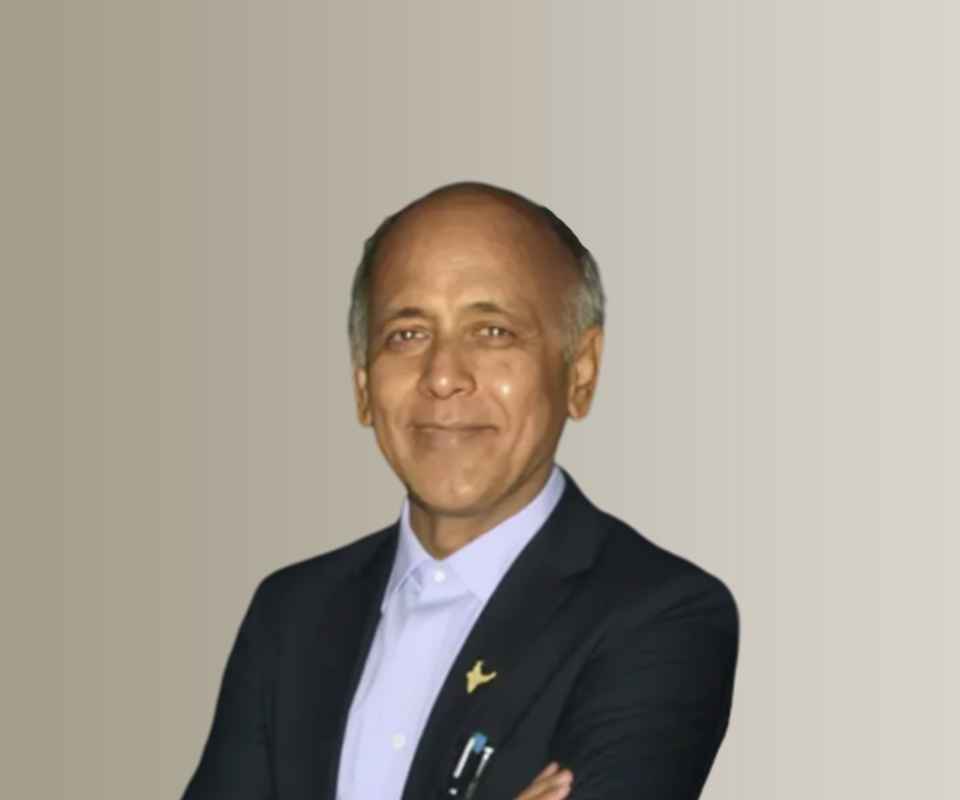Answer By law4u team
Arranged marriages have been a long-standing tradition in various cultures, particularly in South Asia, where families play an active role in selecting a partner for an individual. However, there is ongoing debate about whether arranged marriages are inherently oppressive to women. While some argue that they perpetuate traditional gender roles and limit women’s autonomy, others believe that arranged marriages can be empowering, depending on the level of choice and consent involved. This discussion requires a nuanced understanding of cultural context, gender equality, and the dynamics of personal freedom and family involvement.
Are Arranged Marriages Inherently Oppressive to Women?
Gender Dynamics and Control:
One of the key criticisms of arranged marriages is that they often reflect patriarchal family structures where women may have limited agency. In many traditional settings, women may have less say in choosing their spouse, which can lead to feelings of powerlessness and a lack of control over their future. In some cases, women may feel pressured to conform to family expectations, which can perpetuate gender inequality.
Autonomy and Choice:
In an ideal scenario, arranged marriages can be based on mutual consent and involve the active participation of both individuals, giving women a sense of agency. However, in many cases, societal pressure, family expectations, and cultural norms may limit a woman’s ability to make a free and informed choice. In such situations, arranged marriages may become a form of social control rather than a voluntary arrangement, undermining the woman’s autonomy.
Cultural and Societal Context:
It is important to understand that arranged marriages do not always involve coercion or oppression. In some cultures, families play a supportive role in helping individuals find a compatible partner, and both parties have the opportunity to express their preferences and negotiate terms. The success of an arranged marriage, therefore, depends largely on the cultural context, the degree of freedom granted to the individuals involved, and the level of respect for women’s rights and choices within the family.
Economic and Social Pressures:
Women in many societies may face additional pressures, such as the expectation to marry for social status, economic security, or family reputation. In such cases, the decision to enter into an arranged marriage may be influenced by economic or social considerations rather than personal choice. These external pressures can be particularly harmful if the woman’s personal desires and aspirations are sidelined, leading to potential oppression.
Empowerment Through Family Support:
On the other hand, some women may experience arranged marriages as a form of support rather than oppression. When families are involved in the process, they may help women find a partner who is compatible, shares similar values, and provides emotional and financial stability. In this scenario, arranged marriages may offer women a sense of security, reducing the pressures of navigating the complex world of dating or marriage on their own. If women have a strong voice in the decision-making process, they can navigate arranged marriages as a positive and empowering experience.
Factors Influencing Women’s Experiences in Arranged Marriages
Level of Consent and Freedom:
A fundamental factor in determining whether an arranged marriage is oppressive or empowering lies in the level of consent and freedom given to the woman. If the woman has the autonomy to choose her partner, express her preferences, and participate in the process on her own terms, the marriage may be viewed as less oppressive. Conversely, if her voice is marginalized or dismissed, it could reinforce gendered norms of subjugation.
Education and Awareness:
Women's access to education and awareness about their rights plays a critical role in shaping their experience of arranged marriages. Educated women who are aware of their rights and have access to resources are more likely to make informed decisions about marriage. They are also more likely to challenge any oppressive practices that may arise within the arranged marriage system.
Family Dynamics:
The role of the family cannot be overstated. In many cases, the family’s approach to arranged marriage can greatly influence the woman’s experience. Supportive families who encourage open communication and prioritize the woman's well-being can foster an environment where arranged marriages are based on mutual respect and understanding. On the other hand, families that prioritize tradition and societal expectations over individual choice may contribute to feelings of oppression.
Socio-Economic Factors:
Women in lower socio-economic classes may face more pressure to accept arranged marriages as a means of securing financial security or social status. In contrast, women with more economic independence and social mobility may have more freedom to negotiate the terms of their marriage and avoid oppressive situations. Economic independence often gives women the leverage to make choices that align with their personal desires rather than societal expectations.
Example
In rural India, a woman named Priya was pressured into an arranged marriage with a man whom her parents chose. Initially, she felt uncomfortable, but after open communication with her family, she was allowed to meet the man several times and express her preferences. Her parents, supportive of her decision, gave her the freedom to decide whether she wanted to proceed with the marriage. In this case, Priya’s experience of an arranged marriage was not oppressive, as she had the power to make an informed and autonomous choice.
In contrast, a woman named Rina, in another part of India, was coerced into marrying a man her parents selected. Despite her objections, she was pressured by societal expectations and her family’s insistence to go through with the marriage. In Rina’s case, the arranged marriage experience was oppressive, as her autonomy was disregarded in favor of fulfilling family and societal expectations.
Conclusion
Arranged marriages, in and of themselves, are not inherently oppressive to women. Their impact on women’s autonomy and well-being largely depends on factors such as the level of consent, freedom, family dynamics, and cultural context. When women are given agency in choosing their partner and when their preferences and rights are respected, arranged marriages can be empowering. However, in situations where societal pressure, lack of choice, or gender inequality prevails, arranged marriages can perpetuate patriarchal norms and limit women’s freedom, making them potentially oppressive. Therefore, it is essential to examine arranged marriages on a case-by-case basis, considering the degree of personal choice and the societal context in which they occur.







